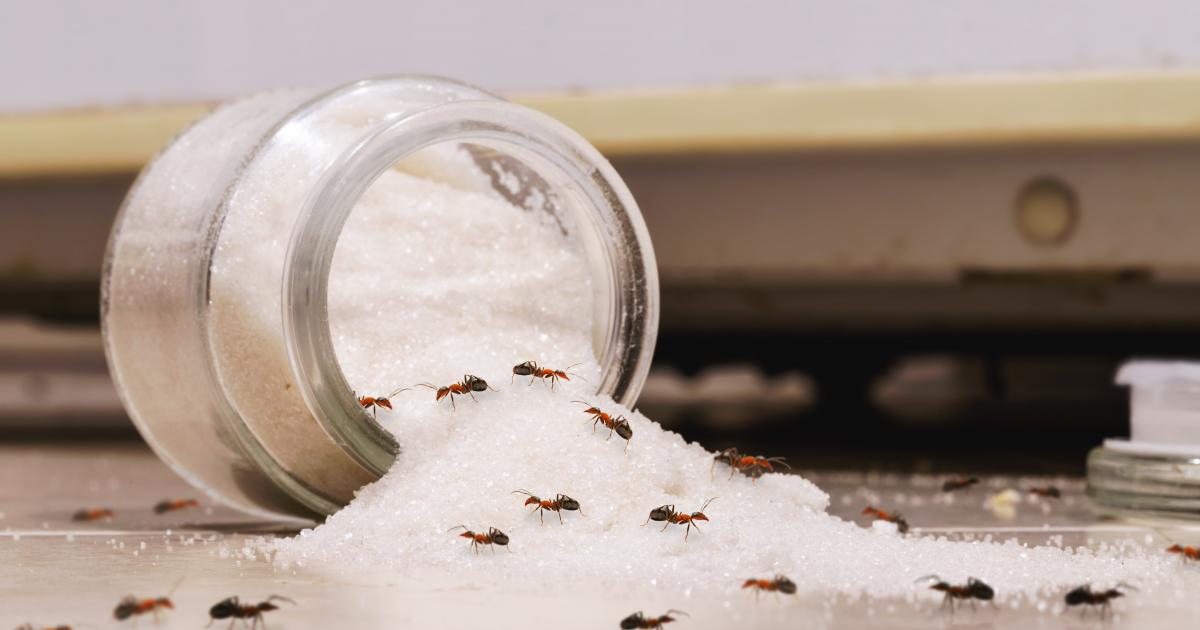
Suggested video What products are in season in August?
Video 1 of 2
Ants are harmful insects that can invade the kitchen and settle in cupboards, drawers and plates. They can also carry bacteria and germs that can be dangerous to your health. There are many chemicals to kill ants, but they can be toxic to the environment and to humans. Here are 5 natural tips to keep ants away from the kitchen without using chemicals.
Ants are attracted to food, water and heat. To prevent them from coming into your kitchen, it’s important to keep these items out of their reach. Here are a few tips :
- Store food in airtight jars or boxes.
- Clean your kitchen regularly, especially the surfaces where food is prepared and eaten.
- Avoid leaving standing water in the kitchen, for example on plates or glasses. (this is also valid for tiger mosquitoes)
Cinnamon is a spice that ants don’t like. To keep them away from your kitchen, you can sprinkle cinnamon at the foot of your furniture, on baseboards and doorsteps. You can also put a few cinnamon sticks in cupboards and drawers.
White vinegar is another natural ant repellent. You can mix white vinegar with water in a spray bottle and spray the solution on areas where ants appear. You can also place small pieces of cotton wool soaked in white vinegar near ant entry points.
Baking soda is a white powder that is often used in cooking. It is also effective in repelling ants. You can mix baking soda with powdered sugar in a 1 to 1 ratio. Place the mixture in small containers and drop them in places where ants spawn. The ants will be attracted to the sugar, but they will die eating the baking soda.
Lavender is a plant with natural repellent properties. It is effective against ants, flies, mosquitoes and other insects. To use it, you can plant several plants around the house. For even more effectiveness, you can combine it with mint and sage feet. You can also diffuse lavender essential oil around your home or place sachets of lavender flowers in areas where ants appear.
Diatomaceous earth is a fine powder made up of tiny skeletons of fossilized algae. It is very abrasive and can irritate the skin and respiratory tract of ants. To use, simply sprinkle it in areas where ants appear. Although it is a natural product, diatomaceous earth should be used carefully and precisely in strategic places and only as a last resort if other solutions have not been effective.
Source:https://www.750g.com/5-astuces-naturelles-pour-eviter-les-invasions-de-fourmis-dans-la-cuisine-a34506.htm


